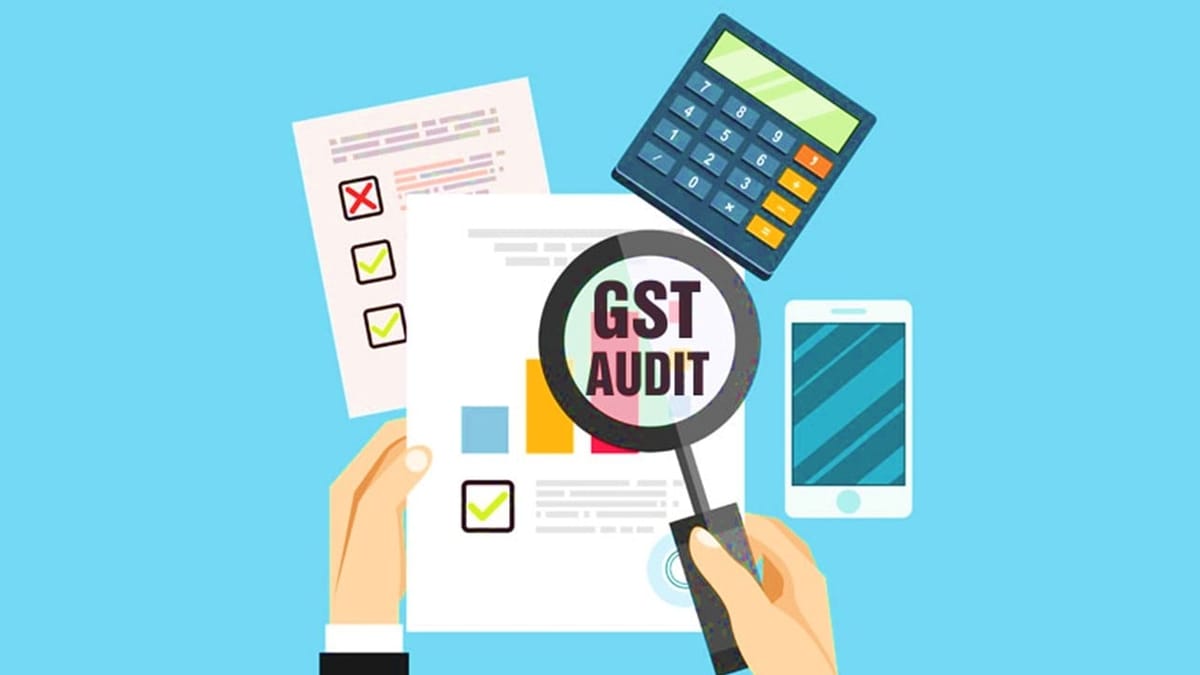Reetu | May 30, 2022 |

GST audits will not be a burden for businesses: CBIC Chairman Vivek Johri
The Central Board of Indirect Taxes and Customs (CBIC) will guarantee that the increasing number of GST audits aimed at improving the quality of GST returns filed does not become difficult for businesses, according to the board’s chairman, Vivek Johri.
Audits of businesses’ books of accounts and other key documents under GST law have gained traction, with the CBIC ramping up its compliance management efforts after extending the deadline for filing annual returns and liberalising the rules governing annual returns and reconciliation statements for small businesses.
In an interview, CBIC chairman Vivek Johri stated that with GST approaching its fifth year, the objective is to finish the initial departmental audit. “As a compliance management plan, we have to finish audits for the first two years (of GST) as soon as feasible,” Johri said, adding that GST return filing has improved dramatically and that audits are aimed to assure the quality of the data reported.
“We will also ensure that audits are not overly lengthy and are not costly to taxpayers in terms of document submission, etc.” We will keep this in mind, and if necessary, more instructions will be released,” Johri added.
The audit of companies by GST authorities is in addition to the GST audit that firms, with the exception of small businesses, perform and is an important instrument in the tax authority’s toolbox. Tax specialists have observed an increase in the number of businesses seeking guidance on difficulties emerging from departmental audits in recent months. According to them, in many situations, an audit is prompted by a discrepancy between the automatically generated return of purchases of raw materials and services and the tax return containing a summary of transactions on which a corporation pays tax.
GST audits go beyond examination, which is a desk job that comprises gathering information and documentation. An audit entails visiting a business’s premises and checking documents such as audited financial statements, income tax returns, stock registers, production records, and customer and supplier information. If the audit reveals any tax underpayment, a notice can be issued, but it must be served within a certain time frame, depending on the circumstances.
Source: Link
In case of any Doubt regarding Membership you can mail us at [email protected]
Join Studycafe's WhatsApp Group or Telegram Channel for Latest Updates on Government Job, Sarkari Naukri, Private Jobs, Income Tax, GST, Companies Act, Judgements and CA, CS, ICWA, and MUCH MORE!"